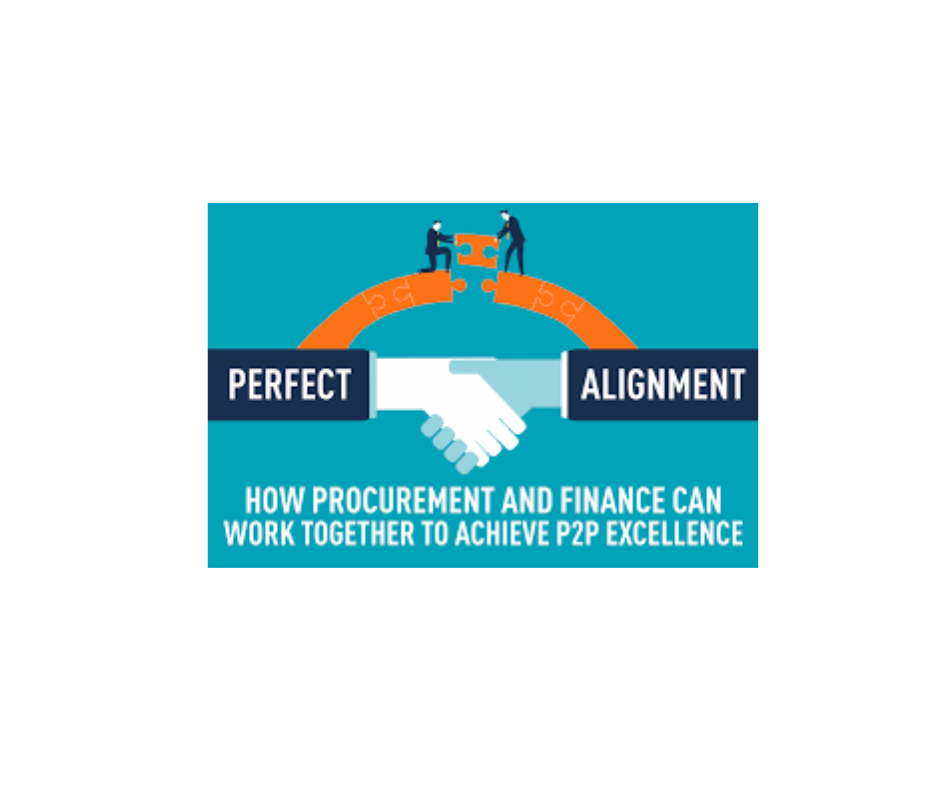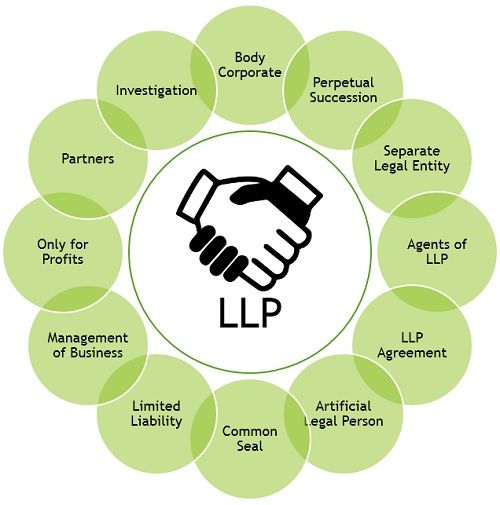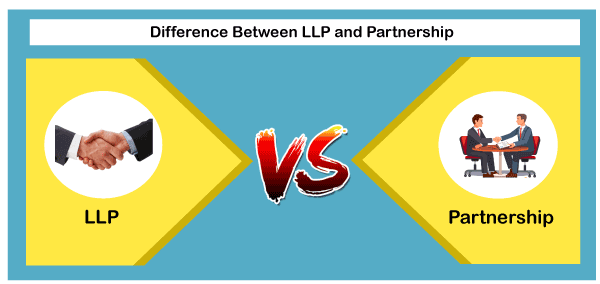Why procurement should not report to finance?
User Intent Organizations often debate whether procurement should report to finance. While finance focuses on cost control and budgeting, procurement ensures strategic supplier relationships, quality, and efficiency. This article explains why procurement should remain independent and not be subordinate to finance. Introduction Procurement and finance are both critical business functions. However, a… Read More »









